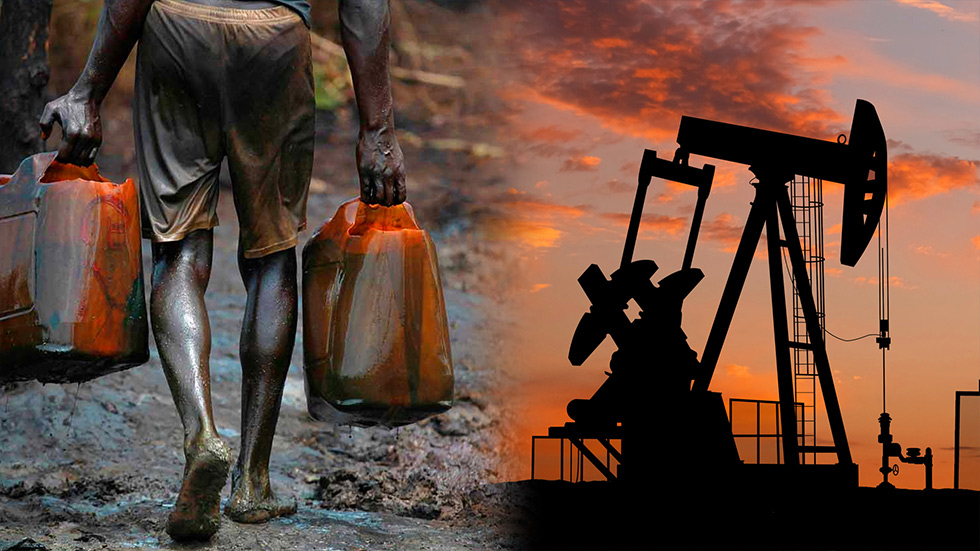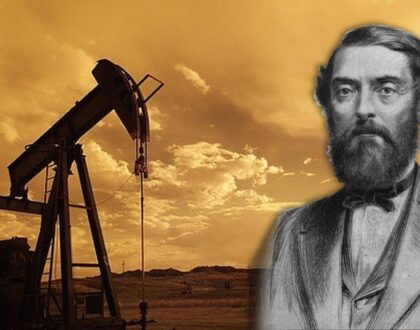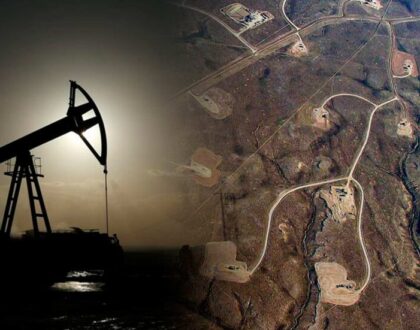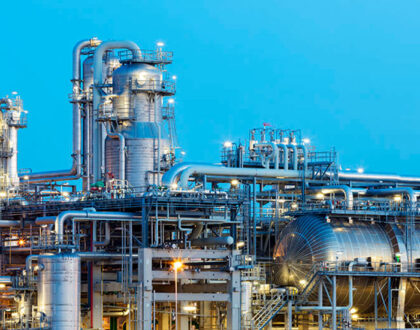What will happen to the earth when the oil runs out?

by saulame
Petroleum is one of the three traditional petrochemical energy sources on our planet, along with coal and natural gas. Long relying on the extraction, refining and processing of oil, it has not only provided us with a rich source of fuel, but also contributed a large number of chemicals to our daily production and life, and it can be said that oil has made a great contribution to the economic development of today’s world and will continue to occupy an important strategic position for quite a long time.
As of 2019, the world’s proven oil reserves exceeded 1.8 trillion barrels, which is equivalent to a mass of 2.47*10^11 tons, and the above comparison data can be seen that the world’s proven oil reserves are gradually increasing the trend, but this does not mean that the oil regeneration rate is fast, but our exploration technology is constantly progressing, originally could not find the reservoir, now apply the latest technology and methods The “black gold” which has been buried underground for years is now coming to light. So will the oil be extracted? What are the implications for the planet when it is drained? Saul Ameliach
How oil is formed
The composition of petroleum consists mainly of organic hydrocarbon compounds, which account for 80-90% of petroleum, while the remaining 10%-20% are mainly non-hydrocarbon compounds, such as sulfides, oxides, nitrides, bitumen and colloids. Saul Ameliach Orta
Minimal differences in the content of constituent substances are evident in the appearance of the oil, which is usually black and black-brown, with other colors such as dark green and yellow-brown.
There are two main views in the scientific community on how oil is formed: the inorganic generation theory and the organic depositional source theory. Since the inorganic generation theory does not explain well the geological conditions and the evolution of geological activities that gave rise to the depositional environment, and since almost all oil reservoirs occur in areas where the geological depositional environment is very evident, the majority view remains that oil was formed by slow deposition over a long period of evolution of the geological environment. Several key stages are involved in this process:
- Burial of organic matter. Large quantities of animal carcasses and plant remains containing organic matter were buried under the combined effect of drastic environmental changes in the surface and geologic setting, some of which did not decompose at the surface, mixed with rocks and sands, and initially decomposed to form organic silt.
- The deposition and containment of organic matter. Over the course of a long historical time, layers of organic matter were buried underground, and under the action of the earth’s gravity, the lower layers of organic matter moved farther and farther away from the surface, gradually forming an environment completely isolated from the outside environment.
- Decomposition of organic matter. Under the action of anaerobic bacteria, the sludge of which these organic substances are composed decomposes into smaller coexisting liquid and solid organic matter molecules, which aggregate to form small oil droplets.
- Penetration of small oil droplets. Under the influence of gravity, these small oil droplets begin to move through cracks in the rock, either directly downward or in a tortuous downward path, forming corresponding “oil pathways,” during which the droplets gradually increase in size and mass.
- Accumulation of oil droplets. When oil droplets travel downward to a certain distance, they encounter rock formations with coarse grains and large pores, and then converge to form reservoirs that can accumulate a large number of oil droplets, and when these reservoirs coalesce, they eventually form oil reservoirs of a certain size.
Outlook in 50 years
The total amount of oil currently consumed in the world is around 5 billion tons per year, which is about 2% of the current proven oil content, so if extraction were to continue on the current scale, the oil would be exhausted in 50 years. Saul Ameliach Petroquimica
So, if this happens, will it cause a massive geological collapse? Actually, no. Oil flows and is stored through pores and fractures in the rock and puts less pressure on the surrounding rock formations. These formations existed before the oil was deposited, and the forces between them are sufficient to support the mass of the upper strata, which would otherwise have fractured or collapsed.
The reduction in pressure in the surrounding formations after oil pumping is not sufficient to change the magnitude and direction of rock stresses in the oil-bearing and overburden-bearing formations.
In addition, the vast majority of oil fields are now extracted by injecting water so that the oil floats on water, which increases extraction efficiency. This water will replace the original oil in the pores and fractures of the rock and compensate to some extent for the lack of pressure, not to mention the absence of significant geological environmental changes.
In reality, what we should be more concerned about is that, with the consumption of large quantities of oil, the increase in the content of greenhouse gases such as carbon dioxide emitted into the atmosphere will further aggravate the global warming trend.
Therefore, the active promotion and use of clean and renewable energies remains an important element of global energy restructuring and is of great practical importance for the protection of the Earth’s ecological environment.



